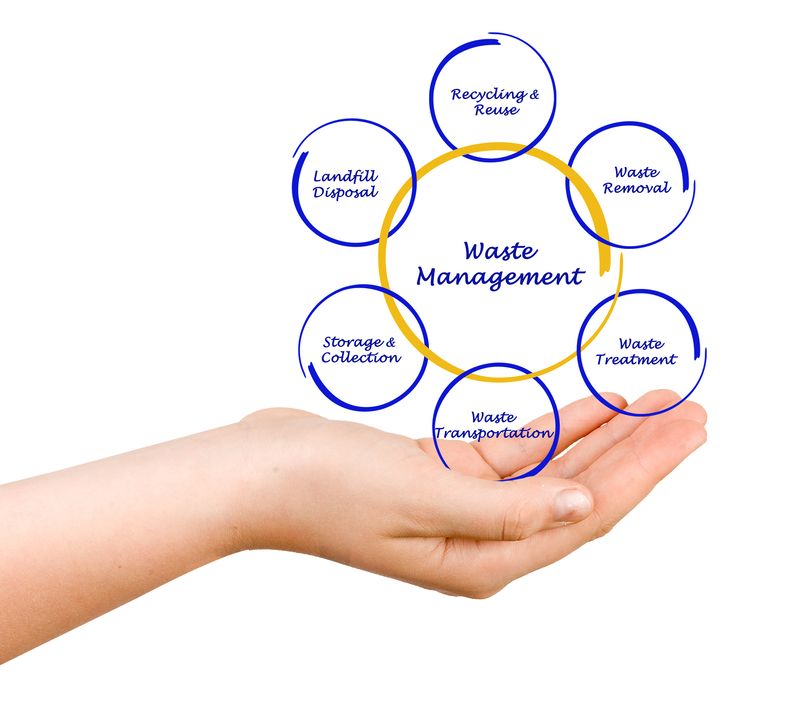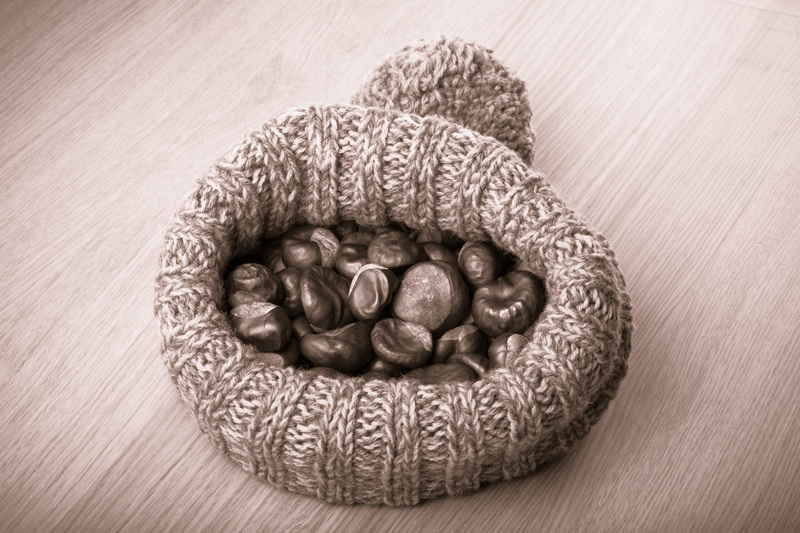Simplifying Recycling Concepts for Children
Recycling plays a vital role in protecting our environment. Teaching kids the importance of recycling not only helps conserve resources but also builds responsible citizens for the future. However, the idea of recycling can be complex, especially for young minds. In this comprehensive article, we will explore practical and engaging strategies for simplifying recycling concepts for children and ensuring that children fully grasp the significance of recycling at an early age.

Why Teaching Recycling to Children Matters
Environmental conservation is a shared responsibility, and children are the future stewards of our planet. If children learn about the importance of recycling and how to do it correctly, they are more likely to develop lifelong green habits. Teaching kids about recycling not only benefits the environment now but for generations to come.
- Instills eco-friendly values early
- Promotes critical thinking
- Encourages responsibility and empathy
- Prepares children for a sustainable future
Breaking Down Recycling Concepts for Kids
What Is Recycling?
Recycling means taking something that is no longer useful and turning it into something new. For example, when we recycle a plastic bottle, it can be made into clothes, toys, or new bottles! By explaining recycling as a process of giving old items a new life, children can easily understand the basic concept.
Why Do We Recycle?
- To save natural resources: Recycling uses less raw material than making products from scratch.
- To reduce waste: Less rubbish ends up in landfills, keeping our surroundings clean.
- To conserve energy: Making new items from recycled materials uses less energy.
- To protect plants and animals.
What Can Be Recycled?
It's important for children to recognize recyclable materials. Common items include:
- Paper and cardboard - newspaper, cereal boxes, notebooks
- Plastics - water bottles, shampoo bottles, food containers
- Metals - soda cans, tin cans, aluminum foil
- Glass - jars, bottles
Practical Tips for Teaching Kids About Recycling
1. Use Simple Language
Avoid jargon and break down the process. Instead of saying, "We need to divert waste from the landfill," say, "Let's put our bottles and cans into the recycling bin so they can become something new!" Using relatable examples clarifies how recycling for children works.
2. Visual Aids and Charts
Kids are visual learners. Color-coded bins, posters, and fun infographics can help children easily sort items into correct recycling categories. Try drawing a recycling chart together and hanging it up by your home bins.
3. Hands-On Activities
- Set up a mini recycling center at home or in the classroom. Let children practice sorting waste into paper, plastic, metal, and glass bins.
- Make recycling crafts using egg cartons or plastic bottles. Turn "trash" into treasure!
- Visit a local recycling facility so children can see recycling in action.
4. Lead by Example
Children learn best by observing. Make recycling a daily habit and highlight your actions. Say things like, "I'm putting my can in the recycling bin so it won't become trash."
5. Storytelling and Books
Stories capture children's imagination. Choose books that illustrate recycling or invent your own fun recycling tales featuring animals and heroes who help the planet.
Fun Activities That Teach Recycling to Children
- Recycling Relay Race: Set up bins for different recyclables. Give children a pile of items and let them race to sort them correctly.
- Recycled Art Contest: Challenge kids to create artwork using only recycled or reused materials.
- Scavenger Hunt: Hide recyclable items around the yard or classroom and ask kids to find and sort them.
- Sorting Game: Print photos of common trash and recyclables. Have children match the items to the correct bin.
Answering Kids' Common Recycling Questions
"What happens to stuff after we put it in the recycling bin?"
Explain that recycling trucks take it to a special factory where machines and people sort it. Then, these materials get cleaned, melted, or crushed, and turned into new things.
"Can all plastic be recycled?"
Not all plastics are the same. Some can be recycled, and some cannot. Look for a triangle symbol with a number on the bottom of the container. Check your local rules to see which numbers are accepted.
"Does recycling really help?"
Absolutely! Recycling saves energy, keeps our planet clean, and uses fewer natural resources. Every small action helps make a big difference!
Teaching the Three Rs: Reduce, Reuse, Recycle
While recycling is important, it's only a part of the bigger picture called the Three Rs:
- Reduce: Use less stuff. For example, turn off the water while brushing your teeth.
- Reuse: Use things again. Save gift wrap, use both sides of the paper, or donate old toys.
- Recycle: Send old things to become new things! Always recycle when possible.
Classroom Lesson Plan Ideas
- Organize a "Plastic-Free Day" and discuss alternatives students used instead.
- Encourage each student to share an item they reused and explain how it helped reduce waste.
- Host a recycling quiz to test students' knowledge.
Addressing Challenges in Teaching Recycling Concepts to Kids
Even when you use simple recycling education for children, some challenges may arise. Kids might confuse recyclable with non-recyclable items, or they may lack motivation. Here's how you can help:
- Unclear Symbols: Teach children to look for recycling symbols and explain what they mean using real-life examples.
- Complex Rules: Recycling rules vary by city. Use local recycling guides and stick to the most common items for your area.
- Lack of Interest: Turn recycling into a game or contest to keep kids engaged and interested.
Making Recycling Concepts a Family Routine
- Schedule a weekly recycling day when everyone checks and empties bins together.
- Assign roles - let one child be the "Recycling Captain" each week.
- Celebrate successes with family rewards for reaching recycling goals.
- Share stories or find news about how recycling has helped a community or wildlife.
Recommended Recycling Resources for Children
These resources provide fun facts, printables, games, and lesson plans to further reinforce simple recycling ideas for kids.
Benefits of Recycling for Children and the Environment
Sharing the rewards of recycling can motivate children to participate even more:
- Cleaner air and water for everyone
- Protecting animals and plants from pollution
- Saving money through reuse and less waste disposal
- Learning science and teamwork through recycling activities
- Building a generation of environmental leaders
Long-Term Impact of Simplifying Recycling Concepts for Children
When children understand recycling from a young age, they are more likely to continue eco-friendly habits into adulthood. By simplifying recycling for children, parents, teachers, and caregivers can inspire kids to care about the environment--and empower them to make a difference!
Start small, keep it fun, and watch kids become passionate recycling heroes!

Frequently Asked Questions About Recycling for Children
-
At what age can children start to learn about recycling?
Even toddlers can begin by learning colors of bins. Preschoolers can start sorting recyclables, and grade-school children can understand more detailed concepts. -
What if our local area doesn't recycle everything?
That's okay! Focus on what's accepted locally and teach children to always check the rules before recycling. -
How do I encourage children who aren't interested in recycling?
Try incorporating fun rewards, family challenges, and hands-on activities to make the process engaging.
Conclusion: Creating a Greener Future Together
By simplifying recycling concepts for children, we help raise environmentally conscious individuals equipped to tackle the challenges of tomorrow. Use age-appropriate language, fun activities, and hands-on examples to make recycling a natural part of daily life. Remember, every recycled item counts toward a healthier planet. Let's empower kids to lead the way in creating a more sustainable world!
Let's start teaching kids today--one recycled bottle at a time!

